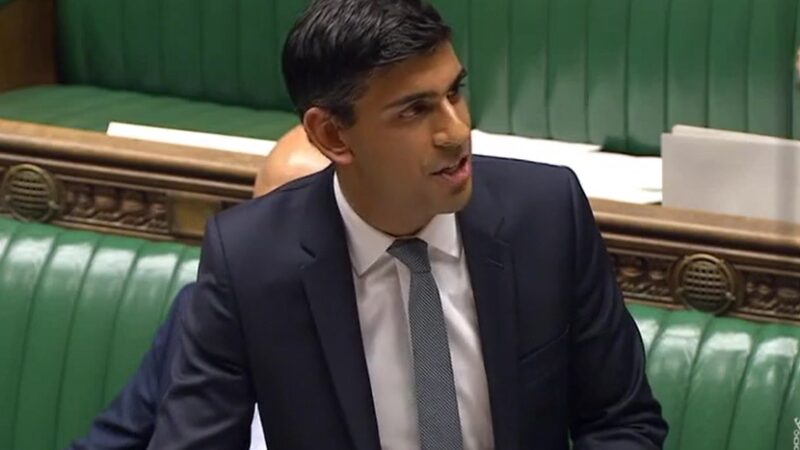'For this was a budget where Sunak chose to prioritise his own Thatcherite ideology rather than the cost of living crisis.'

Today was the day when the chancellor, Rishi Sunak, could’ve chosen to help millions of people, especially those on low incomes, with the cost of living crisis. Instead, he squandered the opportunity, choosing to prioritise ideology and burnish his Thatcherite credentials over the cost of living crisis.
Sunak’s big announcements focused on cutting fuel duty by 5p a litre for a full 12 months, cutting to zero a 5% VAT rate for households installing solar panels, heat pumps or insulation and doubling the government’s household support fund to £1bn.
The chancellor also announced that he was increasing the rate at which workers start paying National Insurance to £12,570 to ease the burden on the low paid, meaning the National Insurance threshold will now be in line with Income Tax from July this year.
All in all, his measures failed to do much to help families with the cost of living crisis that has seen the cost of living soar to a 30 year high. Shadow chancellor Rachel Reeve rightly accused Sunak of failing to understand the sheer scale of the cost of living crisis.
“He talks about providing security for working families but his choices are making the cost-of-living crisis worse, not better,” Reeves said.
As Torsten Bell, chief executive of the Resolution Foundation pointed out, the decision to raise the NI threshold amounts to a tax cut for the middle and top of the income distribution – only £1 in £3 of the benefit goes to the bottom half.
Sunak’s other announcement, which gives us a good idea of when a general election is likely to be held, was that income tax would be cut from 20% to 19% in 2024. Quite a long way away and which does nothing to help people in the here and now as they battle soaring energy bills and inflation.
Paul Johnson, director at the IFS tweeted: “Oh for goodness sake.
“What is the possible justification for cutting income tax rate while raising NI rate?
“Drives further wedge between taxation of unearned income and earned income. Yet again benefits pensioners and those living off rents at expense of workers.”
There was no mention of raising benefits in line with inflation, arguably one of the most effective measures which would help people on low incomes and struggling in poverty. The JRF had already warned that if benefits were not raised in line with inflation, 400,000 people will fall into poverty.
It was the chancellor’s choice to ignore Universal Credit in favour of tax cuts that mainly benefit the better off.
There was no delay or scrapping of the 1.25 percentage point rise in NI contributions due to come in force from next month, a measure that many of his own backbenchers and the Labour Party had been pushing him to do, nor was there a windfall tax on oil and gas profits to help people with soaring bills.
For this was a Spring statement where Sunak chose to prioritise his own Thatcherite ideology rather than the cost of living crisis.
Basit Mahmood is editor of Left Foot Forward
To reach hundreds of thousands of new readers we need to grow our donor base substantially.
That's why in 2024, we are seeking to generate 150 additional regular donors to support Left Foot Forward's work.
We still need another 117 people to donate to hit the target. You can help. Donate today.



